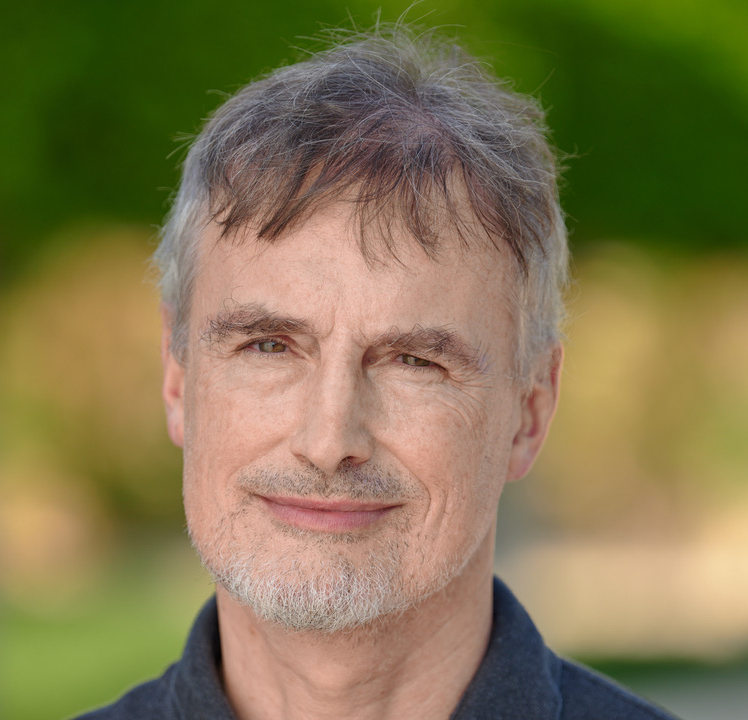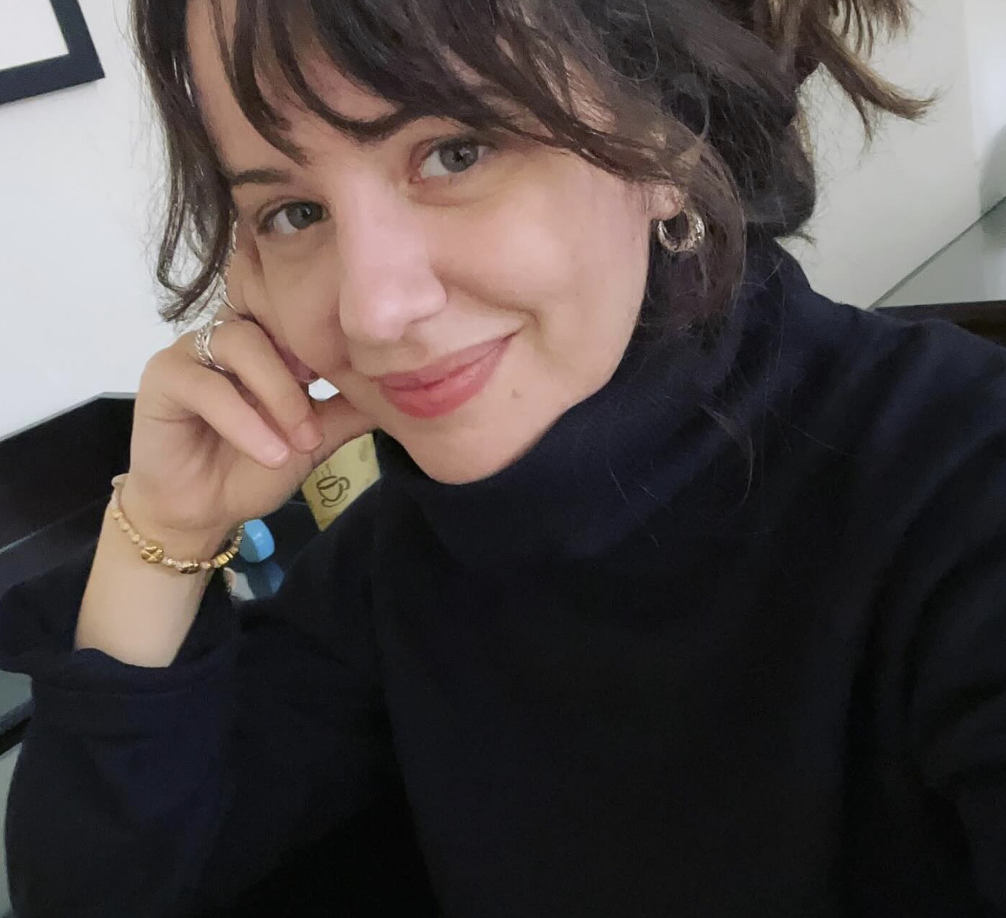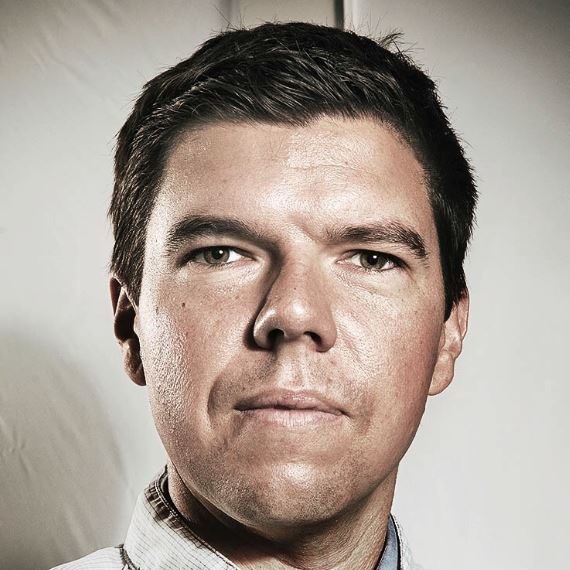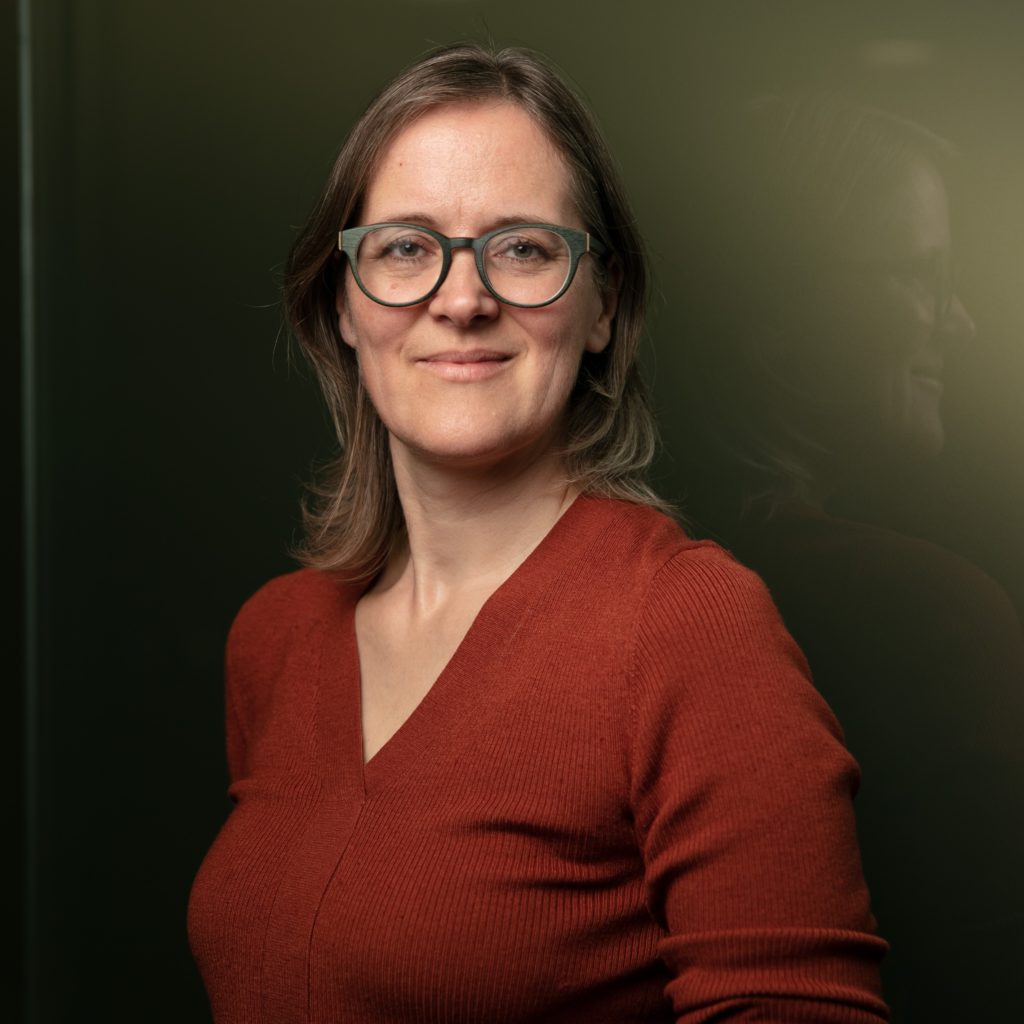
Jürgen Schmidhuber
The Swiss AI Lab, IDSIA / University of Lugano;
King Abdullah University of Science and Technology
The New York Times headlined: “When A.I. Matures, It May Call Jürgen Schmidhuber ‘Dad’.” Since age 15, his main goal has been to build a self-improving Artificial Intelligence smarter than himself, then retire.
His lab’s deep learning artificial neural networks have revolutionised machine learning and A.I. By 2017, they were on over 3 billion smartphones, and used billions of times per day, for Facebook’s automatic translation, Google’s speech recognition, Google Translate, Apple’s Siri & QuickType, Amazon’s Alexa, etc. Generative AI is also based on his work: he introduced principles of artificial curiosity and generative adversarial networks (1990, now widely used), unnormalised linear Transformers (1991, the “T” in “ChatGPT” stands for “Transformer”), self-supervised pre-training for deep learning (1991, the “P” in “ChatGPT” stands for “pre-trained”), and meta-learning machines that learn to learn (since 1987, now widely used). His lab also produced LSTM, the most cited AI of the 20th century, and the LSTM-inspired Highway Net, the first very deep feedforward net with hundreds of layers (ResNet, the most cited AI of the 21st century, is an open-gated Highway Net). In 2006-2010, he published the “formal theory of fun and creativity.”
Elon Musk tweeted: “Schmidhuber invented everything.” He is recipient of numerous awards, Director of the AI Initiative at KAUST in KSA, Scientific Director of the Swiss AI Lab IDSIA, and Co-Founder of the company NNAISENSE. He is a frequent keynote speaker at major events, and advising various governments on A.I. strategies.
More about Jürgen’s work:

Ioana Ciucă
Australian National University, School of Computing / Stanford University
Ioana’s curiosity for Astronomy was ignited at age six when she witnessed a solar eclipse in her Romanian hometown. This early fascination led her to pursue a path in astrophysics, earning a PhD in Astrophysics from University College London (UK).
Ioana is now a Jubilee Joint Fellow at the Australian National University (Australia), working at the intersection of Astronomy, Machine Learning and Big Data. She cares deeply about education and leveraging high-quality learning resources and mentorship opportunities for students from underrepresented backgrounds. She aims to champion fearless minds to pursue excellence in service to the world around them, in line with her previous work as a Data Science for Social Good Fellow at the Alan Turing Institute (UK).
This goal has motivated Ioana to co-found UniverseTBD, an AI research lab with a mission to democratise science for everyone, where she serves as the principal investigator. Under her guidance, the lab has made significant strides, growing to a 30+ people international collaboration that releases specialised models and benchmarks for Science.
More about Ioana’s work:

Ryan McClelland
NASA
From a young age, Ryan McClelland has been captivated by futurism and technology, aspiring to contribute to a brighter future. As a Research Engineer in NASA GSFC’s Instrument Systems and Technology Division, he pursues the development and implementation of digital engineering technologies for space-flight missions. Ryan is particularly excited about the potential of Artificial Intelligence, Virtual Reality, Generative Design, and Digital Manufacturing to accelerate space systems development.
Ryan’s work using AI to develop spaceflight structures has been featured by NBC News, The New York Times, Dezeen, Popular Science, and Aviation Week. He was recently named to the Fast Company 20 in AI list. In addition to his research, Ryan has played a significant role in various flight missions, including designs currently on orbit aboard the Hubble Space Telescope and International Space Station.
More about Ryan’s work:

Katja Hofmann
Microsoft Research Cambridge
Dr Katja Hofmann is a Senior Principal Researcher at Microsoft Research, where she leads the Game Intelligence team. Her research focuses on machine learning for Games with the mission to drive advances in AI capabilities with the aim to unlock novel applications in Gaming and beyond. She and her team share the belief that games will drive a transformation of how people interact with AI technology. Her long-term goal is to develop systems that learn to collaborate with people, to empower their users and help solve complex real-world problems.
More about Katja’s work:
